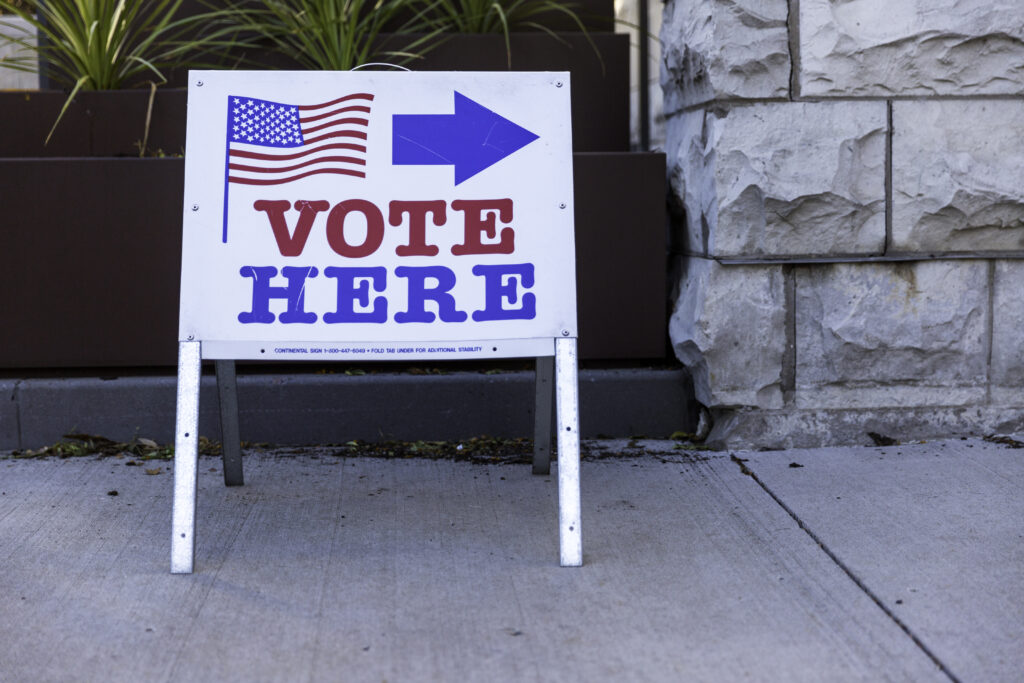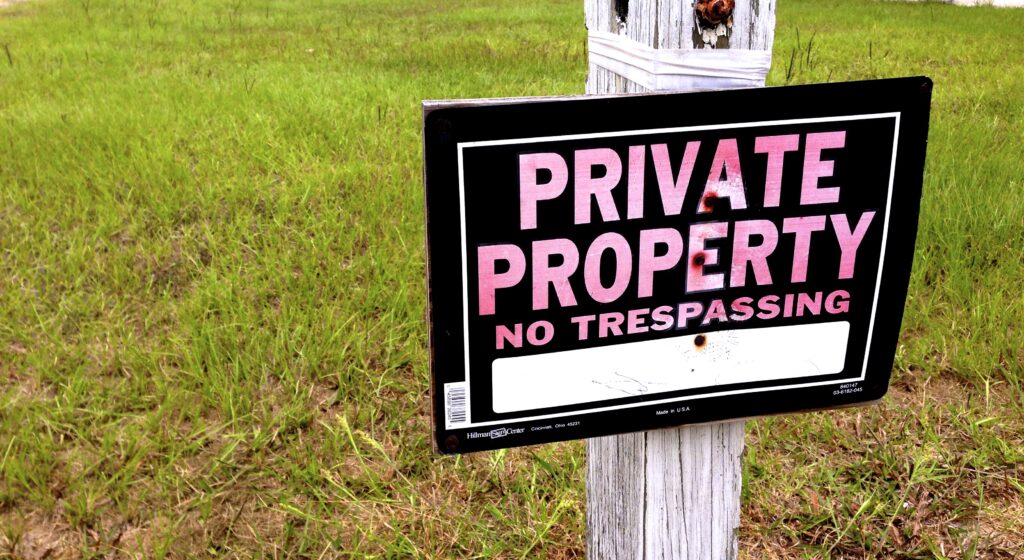North Dakota shoppers will be subject to a new online sales tax if the U.S. Supreme Court changes a longstanding precedent protecting businesses from taxes in states in which they are not located.
Gov. Doug Burgum (R) signed Senate Bill 2298 into law in April. It would require businesses outside the state to collect and pay sales taxes to the state on purchases made by in-state consumers.
The new law will not take effect unless the U.S. Supreme Court issues an opinion reversing or altering its decision in Quill v. North Dakota, a 1992 case creating a “nexus” standard for business taxation.
Currently, unless a business maintains a physical location, or nexus, in a taxing jurisdiction, it need not collect sales taxes. Consumers are supposed to pay the tax directly to governments, but compliance is low.
Challenging ‘Quill’
Alan Viard, a resident scholar at the American Enterprise Institute studying federal tax and budget policy, says governments and traditional retail businesses are becoming more aggressive in attacking the Quill ruling.
“A number of states are trying to challenge the Supreme Court decision in Quill v. North Dakota,” Viard said. “There’s been increasing frustration over the years by states and also by some brick-and-mortar stores that the decision, in their view, is outmoded.”
Daring the Court
Viard says the quest for more tax revenue is driving the legislation.
“States are adopting a number of strategies to take action on their own,” Viard said. “Until recently, states were just trying to kind of chip away at the Supreme Court decision, by just trying to stretch the concept of what it means to be a physical presence in the state. These latest bills are a frontal attack, and they’re designed to try to persuade the Supreme Court to overturn its decision.”
Simple Standards
Andrew Moylan, executive director and senior fellow of the R Street Institute, says the fight over Quill is not about fairness between online and physical retail businesses.
“What [Quill] says is that if a business has a physical presence in a state, it has to collect that sales tax,” Moylan says. “It doesn’t say anything about online or brick-and-mortar or anything like that. It applies equally to everybody. If you have a physical presence, you have to collect the state sales tax. That’s a simple standard that everyone operates by today.”
‘Battle Between Big Businesses’
Moylan says both sides of the fight over e-commerce are driven by self-interest.
“Ultimately, what this is really is a battle between big businesses,” Moylan said. “You have big businesses trying to crush smaller business, and not only big-box, brick-and-mortar retail, but also big retail in the internet context.
“They are pushing a lot of these bills because they see it as an opportunity to really sort of put the screws to their competition and put the screws to smaller businesses, specialty products, and other kinds of things that sell online,” Moylan said.




